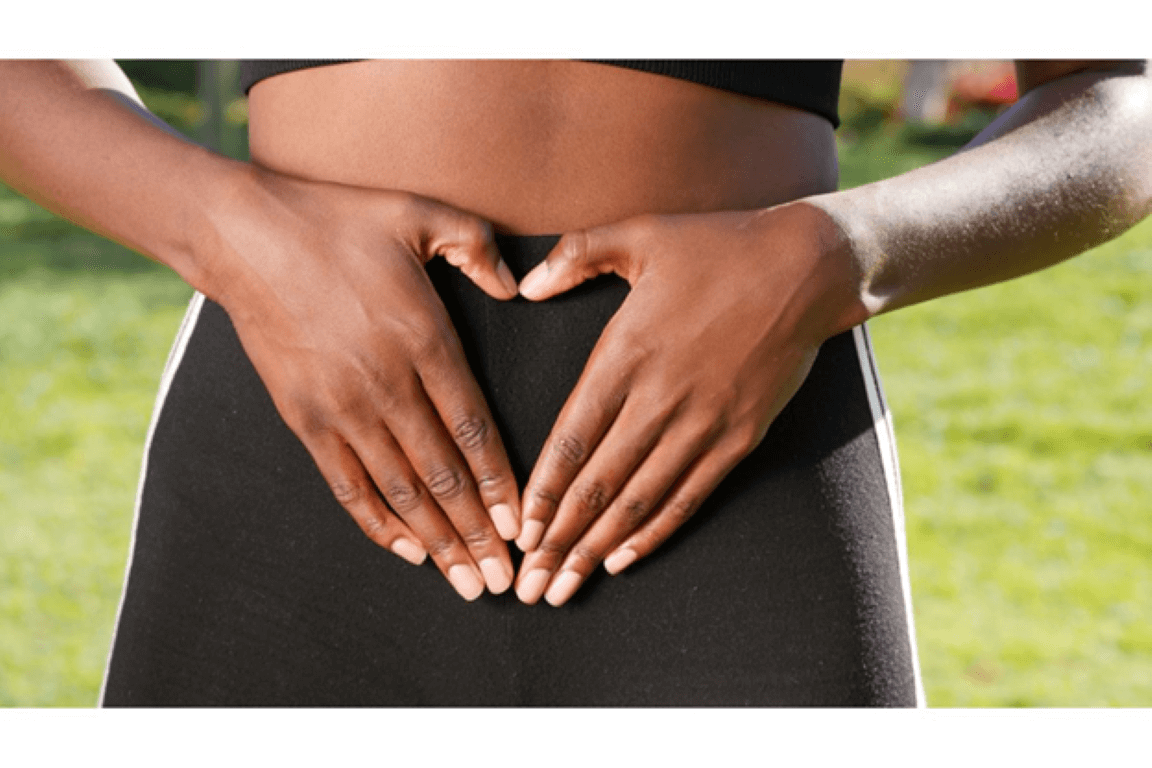
Having a healthy gut microbiome is one of the foundations of staying fit and healthy. Every one of us has a unique community of trillions of bacteria and other microbes, working away in our gut digesting food, supporting our immune system, and helping us fight off pathogens.
Having a diverse, healthy gut microbiome has been linked to playing a key role in our overall health, energy levels, and even our mental health. So here’s five easy changes you can make to your diet to look after your gut health, and keep it in tip-top condition:
1. Eat more plant-based food
Adding more veggies, fruit, nuts, seeds and pulses to our diet is a great way to boost our gut microbiome. They are all packed with nutrients which keep those little bugs in our gut happy.
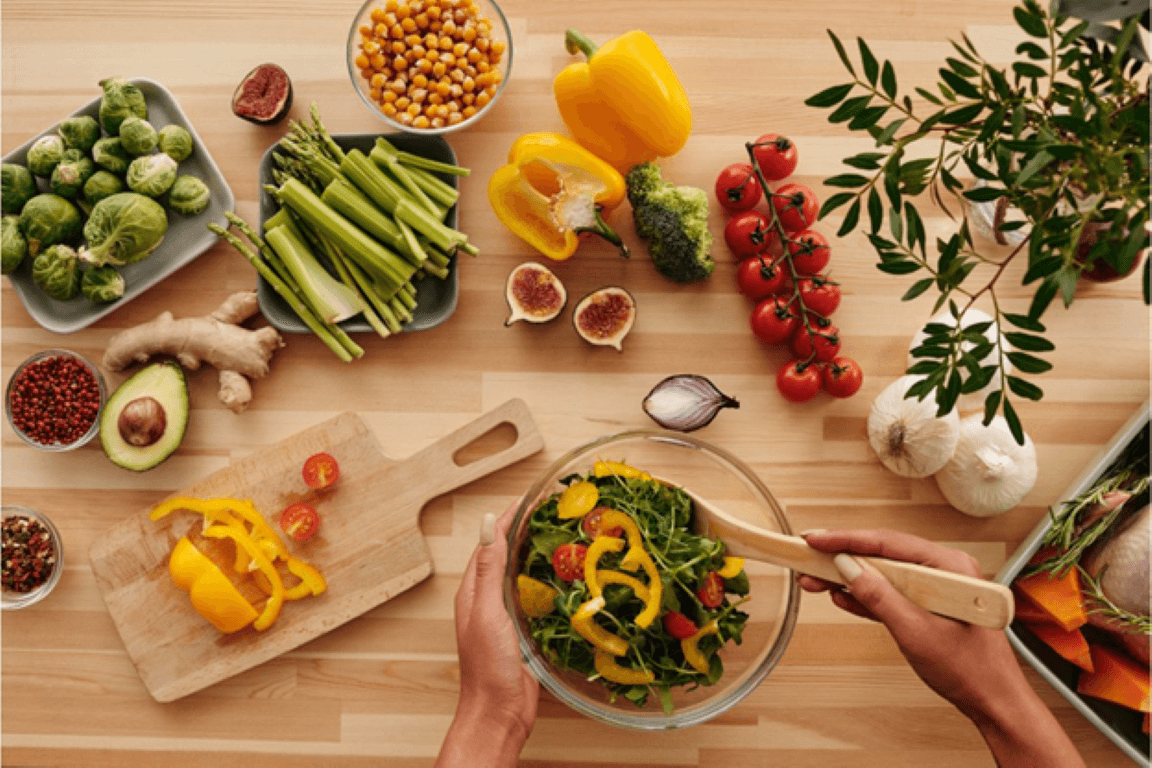
You don’t have to ditch the meat and go fully vegetarian to increase the plants in your diet – just having one meat-free day a week will help. Gut specialist Tim Spector has a great guide on how to add more plants to your diet, check it out here.
2. Aim for colourful meals
Colourful fruit and vegetables don’t just look nice, they also contain polyphenols – an anti-inflammatory and antioxidant compound which is not only great for our overall health, but the good bacteria in our gut love it too.
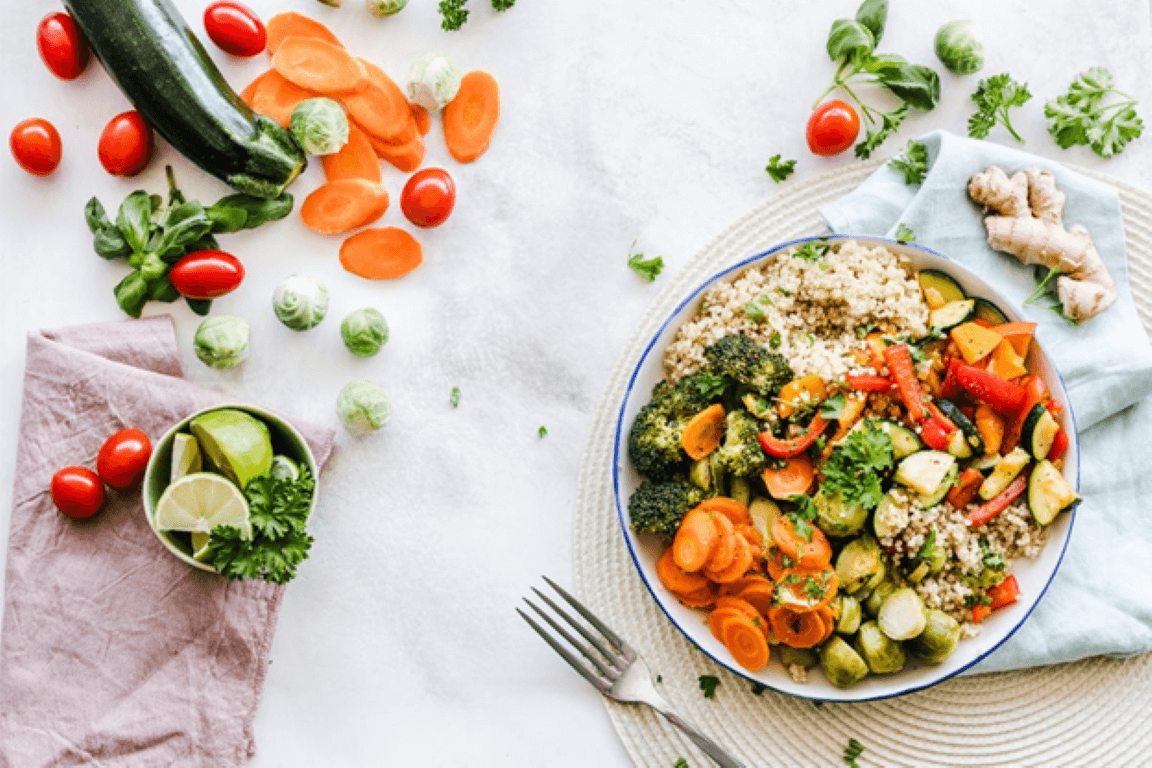
So give your microbiome a boost by adding into your diet some colourful vegetables like broccoli, carrots and spinach; multicoloured fruit like berries, oranges and apples; and even dark chocolate and red wine have polyphenols in too!
3. Give fermented foods a go
Fermented foods are packed full of live microbiomes which, when you eat them, will join your existing gut bacteria and help increase the diversity of bacteria and microbes in your gut.
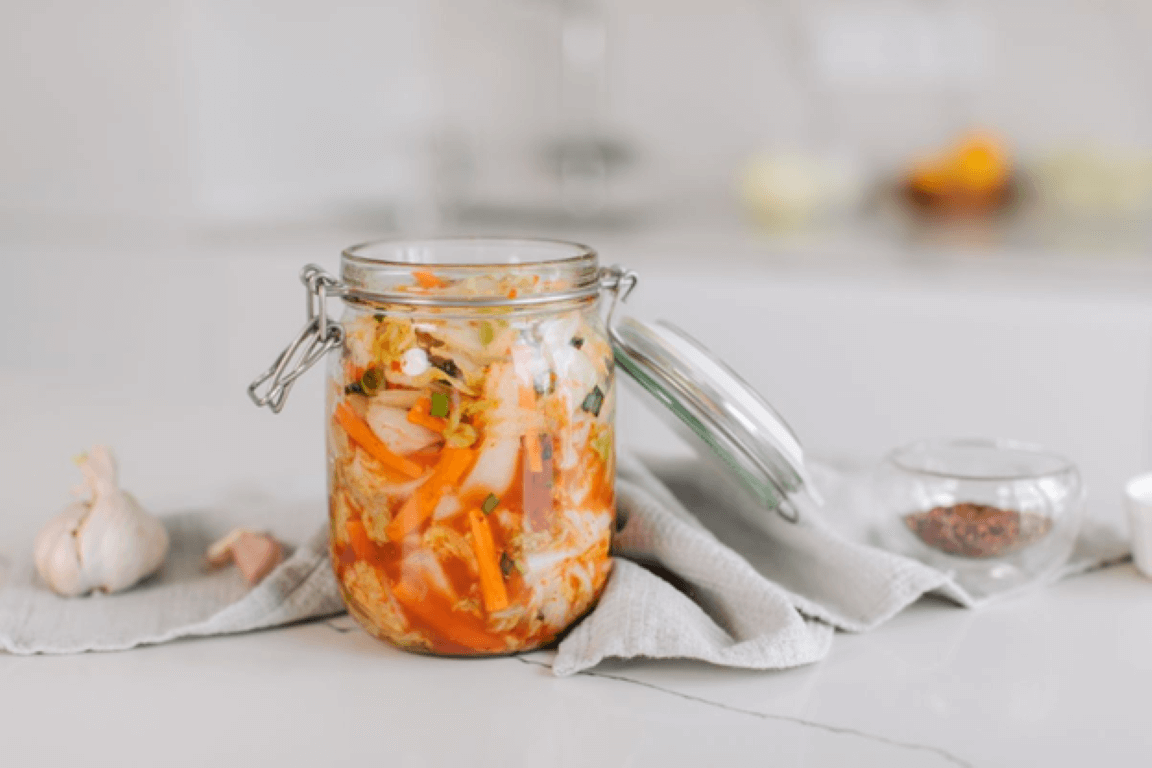
We know fermented foods don’t sound that appealing but don’t let the name put you off! Bio-live yoghurt is a great place to start if you want to ease yourself into the world of fermented foods. Then you can start adding more adventurous probiotic foods like kimchi, sauerkraut, kefir or kombucha, the list goes on!
4. Avoid ultra-processed foods
Our gut bacteria needs foods which are high in fibre and nutrients to keep it healthy and happy, and ultra-processed foods, or UPFs, don’t contain much of either.
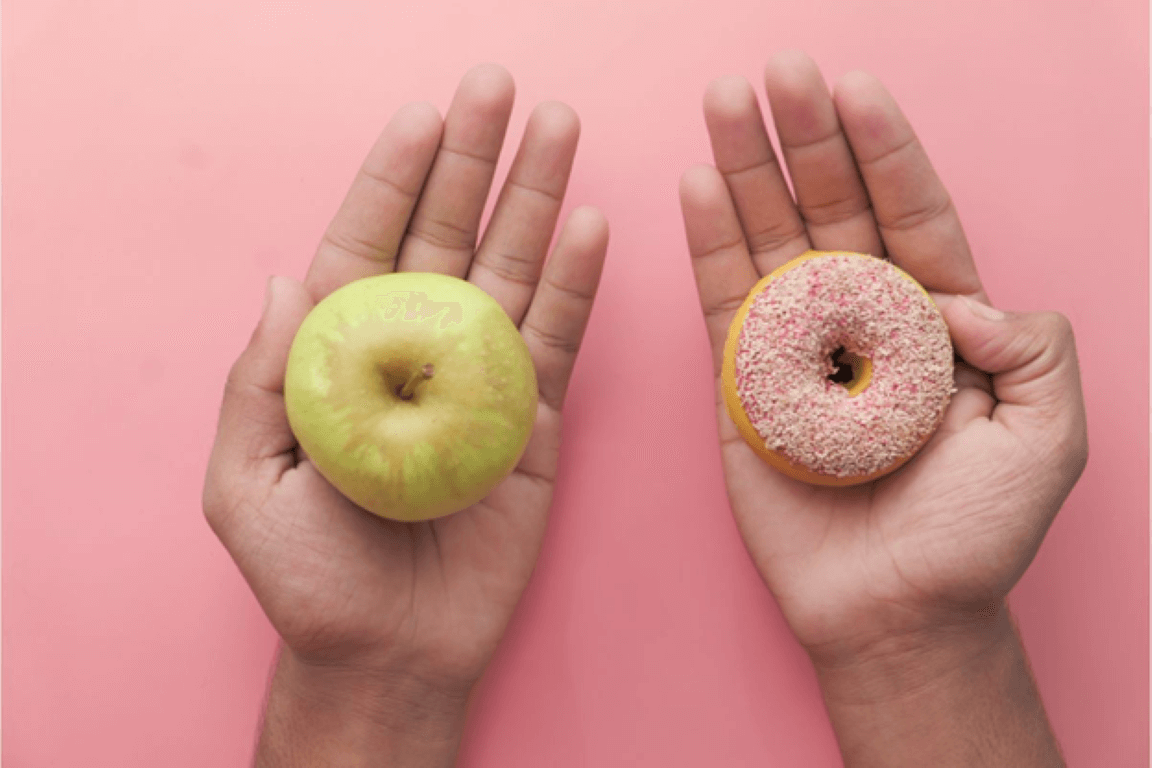
An easy way to spot a UPF, is if you wouldn’t be able to easily recreate it yourself in your kitchen at home. If you check the label and it has more than five ingredients and contains things like emulsifiers, colouring and sweeteners then it’s probably a UPF.
Cutting down on how many UPFs we have in our diet like sweets, crisps, processed meats like sausages, and fizzy drinks, and instead replacing them with unprocessed wholefoods is much better for supporting our gut microbiome. And you’ll be giving your overall health a boost too – UPFs have been linked to an increased risk of cancer, type 2 diabetes and obesity, so swapping those UPFs for healthier snacks will help keep you healthy and well.
5. Make sure you’re getting enough sleep
Now this is one tip which applies to all areas of our health and wellbeing, and so not surprisingly, our sleep also impacts our gut health. When we’re tired, we’re more likely to reach for foods which are high in sugar, carbohydrates and trans fat, meaning we’re not eating enough of those gut-boosting healthy foods we’ve mentioned above.

By making sure you’re getting enough sleep, you’ll be less likely to crave unhealthy foods, and you’ll be more likely to make healthier food choices, which in turn will benefit your gut microbiome, as well as your overall health.
So there you have it, some easy changes you can start making today to give your gut bacteria a helping hand!


